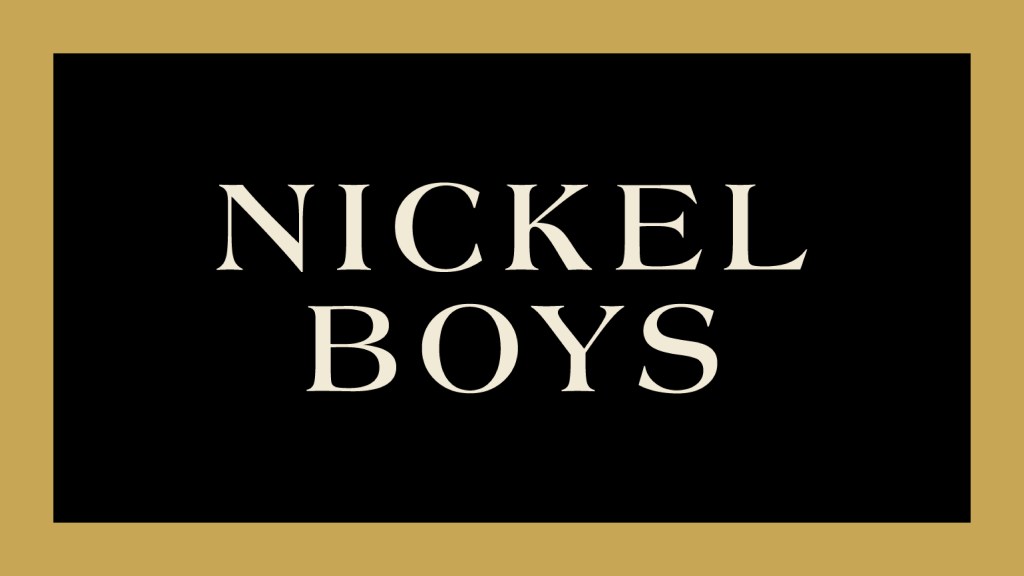Nickel Boys, which had its world premiere over Labor Day weekend in Telluride, has since gone on to critical acclaim and many awards, all leading to the Oscars, where in addition to its Best Picture recognition it is also up for Adapted Screenplay for director/co-writer RaMell Ross and producer/co-writer Joslyn Barnes.
The pair joined Deadline’s Contenders Film: The Nominees virtual livestream event to talk about the Orion Pictures and Amazon MGM Studios film, and their inspiration for adapting Colson Whitehead’s Pulitzer Prize-winning novel, which was inspired by true events. It tells the story of two Black teenagers who become wards of a juvenile reform school in Florida, where tragedy unfolds.
The film is partly told using a singular POV style of cinematography in order to get the viewer even closer into the experience of these two young men thrust into circumstances beyond their control.
Ross related why the story has such relevance for today, especially with a new administration looking to curb DEI and other notable movements for minorities in today’s society.
“Yeah, it’s kind of unprecedented what’s being rolled back, you know, such common things or such taken for granted things as Black History Month, or the idea that we need multiple voices in the room,” Ross says. “I think the thing that’s most fascinating is just the idea of erasure and the amount of stories that are already lost fundamentally to history, but then this sort of inclination to erase all of the sites and spaces that were set to preserve those stories. And I think in that sense, Nickel Boys definitely has something to offer, at least as a sort of response or a side of resistance to stories that were fundamentally buried. I like to say, the irony is not lost on me that we’re elevating their story to the annals of cinema.”
Adds Barnes: “I would just say, you know, the emotional coherence of this film is really tied to Dr. [Martin Luther] King’s conversation about his belief in agape and selfless love. And I think that what it says about the people who murdered him was really a lack of understanding that he was trying to build a world where hatred could not take root.
“I think that what we tried to do here is conceive a kind of new narrative and create a way for people to be situated in an ethical relationship. There’s so many people who are marginalized, whether they’re immigrants, who are undocumented or whether it’s people of color or LGBTQ people in this country and other groups, whatever’s being done to you, it’s not being registered as unethical because you don’t exist in an ethical relationship already. And this is why so many people are living in a situation of violence. And I think what we tried to do as artists was to respond, to respond by supporting human dignity.”
Check back on Monday for the panel video.

